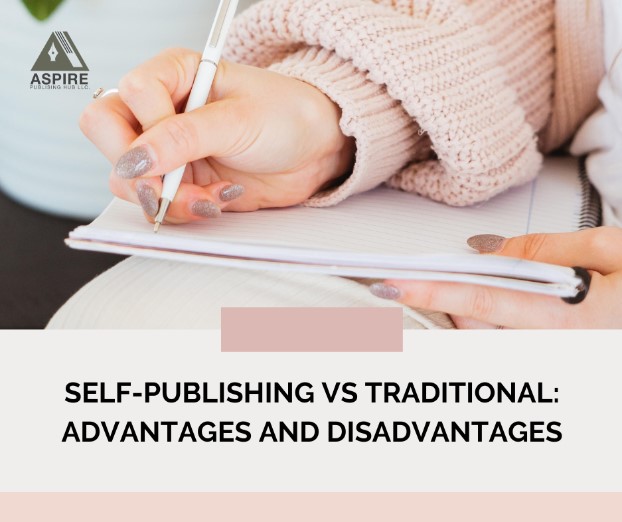Literary genres, like living organisms, undergo a constant process of evolution, adapting to changing cultural, societal, and artistic landscapes. Just as species diversify and develop new traits to thrive, genres too experience shifts and transformations that breathe new life into storytelling. In this exploration, we delve into the fascinating journey of genre evolution, uncovering how genres have evolved over time and the factors driving their dynamic changes.
The Nature of Genre Evolution
The evolution of society, technological advancements, and changes in artistic expression all have an impact on genres, which are fluid and dynamic categories. As readers’ tastes and expectations evolve, genres expand, blend, and redefine themselves, giving rise to innovative subgenres that cater to contemporary sensibilities.
Shifting Cultural Landscapes
Cultural changes play a significant role in the evolution of genres. What was once groundbreaking, and revolutionary may become commonplace as societies evolve. For instance, the Gothic novel, which was born out of the cultural anxieties of the 18th century, has evolved to include subgenres like urban fantasy and paranormal romance, reflecting modern concerns and desires.
Technological Advancements and Genre Fusion
Technological advancements often give birth to new genres or fuse existing ones. The advent of science fiction, for example, was closely tied to the Industrial Revolution and humanity’s fascination with the possibilities of advanced technology. In the digital age, genres like cyberpunk and biopunk have emerged, blending science fiction with elements of computer science and biotechnology.
Cultural Diversity and Globalization
As the world becomes more interconnected, genres have expanded to encompass diverse cultural experiences. This shift has given rise to genres like Afrofuturism and diverse historical fiction, which celebrate the narratives and perspectives of marginalized voices, enriching the literary landscape with fresh insights.
Genre Blurring and Hybridization
In the spirit of innovation, genres have begun to blur and blend, giving rise to hybrid genres that challenge traditional classifications. Steampunk, for instance, blends historical settings with futuristic technology, while magical realism combines the ordinary with the fantastical in a seamless narrative.
Reader Engagement and Genre Expectations
Reader engagement and shifting expectations also play a crucial role in driving genre evolution, which is not solely dependent on external factors. As readers seek more complex narratives and fresh experiences, genres evolve to meet these demands. The rise of psychological thrillers and literary mysteries, for instance, showcases a shift in reader preferences towards intricate plot structures and deeper character exploration.
Conclusion
Genre evolution is a testament to the resilience and adaptability of literature. Just as life on Earth evolves to thrive in changing environments, literary genres transform to capture the essence of the times and connect with readers on a profound level. As we witness the ongoing interplay between culture, technology, and artistic expression, one thing remains certain: the ever-evolving nature of genres will continue to inspire authors and captivate readers, shaping the narrative landscape for generations to come.



